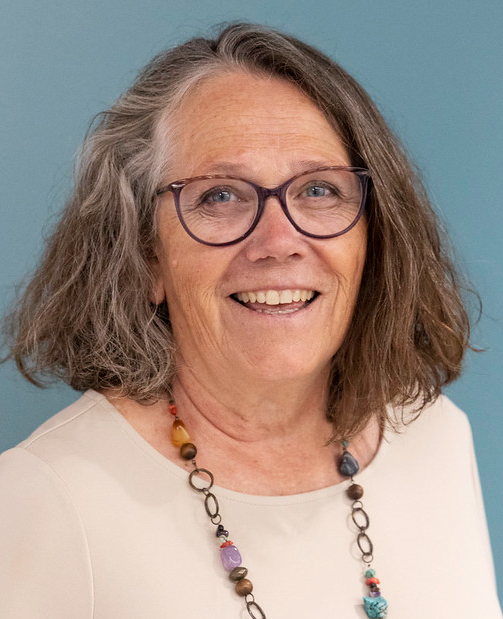Tell us about yourself.
I am a social worker with a masters degree from Howard University. I lived in El Salvador for 5 years with my husband and three children working in a busy urban area on health promotion and small business development. In the Harrisonburg area I have taken health education to the migrant camps and later worked in family services as a social worker with Spanish-speaking families. My last 21 years have been teaching and for some of the time directing the field placements in the social work department at James Madison University.
How long have you been connected to NewBridges?
I was in conversation about NewBridges with Elroy Miller who started the organization before it even opened its doors. I was on the board for two terms which spanned the first two directors, Suzannah Lepley and Alicia Horst.
What informed your decision to serve as interim director? What do you envision for your time?
I hope to meet and participate in serving clients. In my first two weeks shadowing Russell, I am finding a well run organization where passionate staff and interns work as a team. Maintaining organizational stability with my new colleagues while learning more in depth about the complexities of our services is first on the agenda. Secondly, my years of social work field education work at JMU put me in the unique position to know and interact with almost all of the local human service agencies. I am eager to reconnect with them and see how they have expanded their responses to our continued growth in the immigrant and refugee population in Harrisonburg with an eye toward more collaboration. Finally, this role is temporary so my bigger goal is to stay with NewBridges once the new director is hired and work with our case manager, Ricardo, and other social service organizations to build capacity in the next generation of bilingual and bicultural social workers. That will be addressed in another interview!
How can this community grow in service to its immigrant community?
Twenty five years ago, there was not a large immigrant "professional" community. But today, newcomers from that era are bilingual and raising bicultural kids who are increasingly earning professional degrees and leading the way in services to immigrants and refugees in our community. The aspiration "nothing about us without us" is easier to fulfill. So the "community leaders," meaning people in spaces where decisions about our community are being made, need to always look around the table or the room or at the email list and ask, who is represented and who is not represented here? Diversity of gender, ethnicity, language group and social position should be represented if we want real change for everyone.

